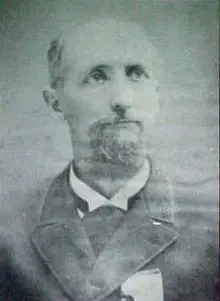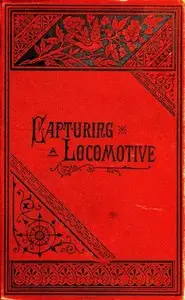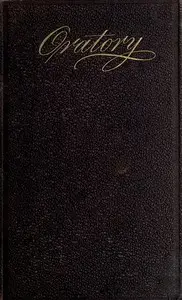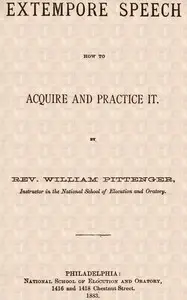
William Pittenger
William Pittenger was an American soldier during the American Civil War. A member of the Union Army, he was one of the first recipients of the Medal of Honor.

Toasts and Forms of Public Address for Those Who Wish to Say the Right Thing in the Right Way
"Toasts and Forms of Public Address for Those Who Wish to Say the Right Thing in..." by William Pittenger is a practical guide on public speaking, lik...
By William Pittenger

Capturing a Locomotive: A History of Secret Service in the Late War.
First edition, 1863, and the editions of 1864 and 1887 appeared under title "Daring and suffering"; later editions have title: "The great locomotive chase".
By William Pittenger

Oratory Sacred and Secular; Or, The Extemporaneous Speaker With Sketches of the Most Eminent Speakers of All Ages
"Oratory Sacred and Secular; Or, The Extemporaneous Speaker" by William Pittenger is a comprehensive instructional guide on the art of public speaking...
By William Pittenger

Extempore Speech: How to Acquire and Practice It
"Extempore Speech: How to Acquire and Practice It" by William Pittenger is a guidebook for developing the skill of extemporaneous speaking, written in...
By William Pittenger

How to Become a Public Speaker Showing the best manner of arranging thought so as to gain conciseness, ease and fluency in speech
"How to Become a Public Speaker" by William Pittenger is a comprehensive guide on the art of public speaking written in the late 19th century. The boo...
By William Pittenger

Daring and Suffering: A History of the Great Railroad Adventure
"Daring and Suffering: A History of the Great Railroad Adventure" by Lieutenant William Pittenger is a historical account written in the mid-19th cent...
By William Pittenger
